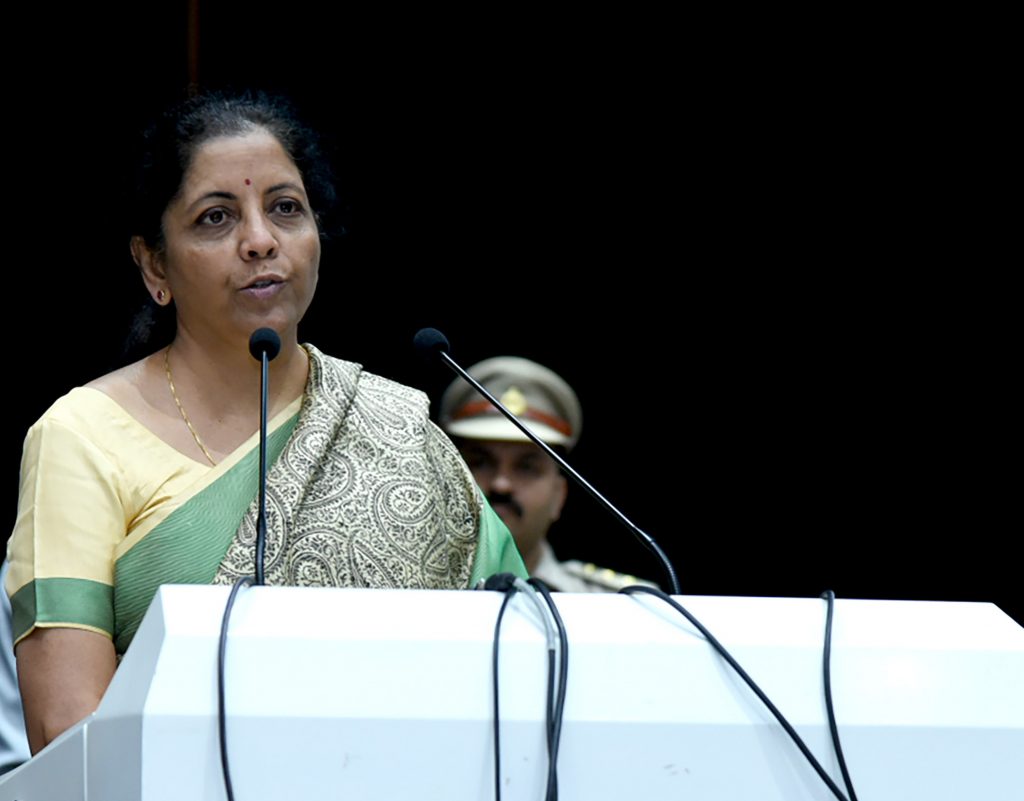The GST Council meeting next week is likely to raise tax rates to shore up revenue collections, despite an uptick in November mop-up. The council is also likely to rejig the slabs from the next financial year. A meeting of senior finance ministry officials of the Centre and states has prepared several options and scenarios for the GST council meet scheduled to held on December 18 to deliberate on measures to boost indirect tax collections.
The GST is levied at 5%, 12%, 18% and 28% on different categories of goods and services. More than 80% of the GST collections come from 18% and 28% slabs. Media reports suggest that the Union government is for a marginal hike in the 5% slab and the scrapping of the 12% slab. But this proposal could face opposition from some state finance ministers as this could mean higher tax on items consumed by the poor. Going by the tax collection figures, a substantial increase in GST collections can happen only from a hike in the highest two bands. The fitment and law committees of the GST Council will discuss the proposals of the committee of officials before forwarding them to the council.
ALSO READ: Income tax rates: FM Nirmala Sitharaman hints at cuts, but there is hardly any room
Finance Minister Nirmala Sitharaman has come under pressure as the Centre is struggling to pay states for the fall in their revenues because of the below par GST collections. Despite an uptick in November, the GST collections has been disappointing in the current financial year. Till July, the centre has transferred Rs 27,955 crore to the states, while at least Rs 40,000 crore was due in the first half of the fiscal ended September 30.
ALSO READ: India growth story: Here’s why recession fears are misplaced
The total GST mop-up till November end was around Rs 8 lakh crore, which represents a shortfall of more than Rs 1 lakh crore. The revenue shortfall for the whole financial year may be much higher than the central government’s estimate of Rs 2 lakh crore because of an economic slowdown induced by a fall in consumption demand. Some state governments have threatened to approach the Supreme Court seeking timely payments from the Centre.

